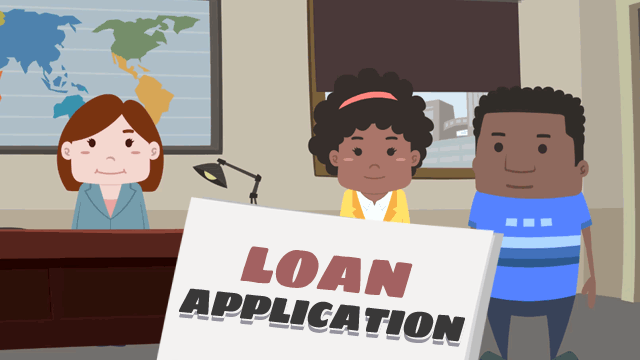Buying a Farm Residence With An FHA Residential Real Estate Mortgage
December 4, 2024
Borrowers who want to buy a farm residence are in luck with the FHA loan program, which includes options to purchase farm residences.
Those purchases must be made under specific conditions when the primary focus is on the residence itself. This distinction is crucial: the FHA loan program is intended to support homeownership, not business ventures.
Getting an FHA Farm Residence Loan
A successful FHA farm loan is one in which the buyer wants a home that happens to be situated on a rural property rather than trying to pay for the purchase of a working farm. For farm residence loans, the appraisal process is crucial.
While the FHA appraiser will consider the land surrounding the home, the emphasis is on its value as a residence, as mentioned above. The appraisal amount will not include its business or agricultural potential.
Things To Know
- A reasonable amount of acreage typical for a homeowner in the area will be included in the appraisal. Don’t expect more consideration than for a typical front and back yard.
- Excess farmland, barns, silos, outbuildings used for commercial farming operations, and specialized equipment are considered commercial assets and do not contribute to the appraised value for FHA loan purposes.
- Outbuildings or land areas that are intended for personal use may require you to provide documentation to support this claim.
- Beyond the appraisal, several other FHA requirements must be met. The borrower must intend to occupy the farmhouse as their primary residence. The property must also meet FHA's minimum standards for health, safety, and structural integrity requirements.
- Finally, borrowers must meet FHA's debt-to-income ratio requirements and have a credit score that meets the lender's standards.
Despite these requirements, FHA loans often have more relaxed eligibility criteria, making them accessible to a wider range of borrowers. They typically offer competitive interest rates, which can translate to significant savings over the life of the loan.
However, potential challenges and considerations should be acknowledged. FHA loans have maximum loan limits that vary by county, and these limits may be lower in rural areas, potentially impacting purchasing power.
FHA loans also require both upfront and annual mortgage insurance premiums (MIP), which increase the overall cost of the loan. Discuss your needs with a lender before committing to a farm residence loan to better know your options and obligations.

FHA Loan Articles
April 18, 2023Your lender is required to make sure you can realistically afford your mortgage, and that means verifying that your income is stable, reliable, and will continue after your mortgage has closed. What some don’t realize about this process is that there are standards for verifying income.
April 1, 2023FHA loan rules for single family purchase loans include guidelines for the lender to use if the applicant has rental income. Some want to know whether it is possible to qualify for an FHA mortgage using rental income. The real issue is whether the rental income meets FHA loan rules.
March 16, 2023Planning your FHA loan means asking some important questions early in the process. The most obvious question is associated with the type of home you want. How large a house do you need? FHA mortgages allow the purchase of homes with between one and four living units.
February 7, 2023There are tons of reasons why people decide that they’re done with renting and start looking into buying a home. Whatever your reason, deciding to buy a home is a big step, and one of the most daunting aspects is saving up enough money for the down payment.
January 27, 2023Before you get ready to commit to a home loan application, it’s good to review your circumstances and ask a few basic questions about your loan, your plans, and the home itself. Believe it or not, knowing what type of home loan you need is an important step.







